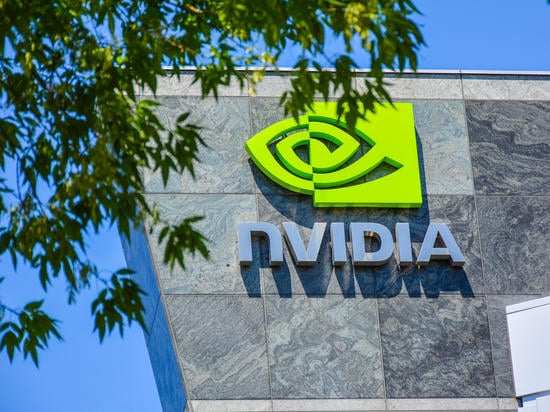Nvidia (NVDA, Financials) rejected claims from Chinese regulators that its China-specific H20 artificial intelligence chips contain backdoors or security vulnerabilities. The denial came after the Cyberspace Administration of China summoned company officials Thursday over potential national security risks.
Washington in July cleared Nvidia to resume sales of the H20 chips to China, reversing an effective April export ban. Beijing has since sought supporting documentation on potential risks, including vulnerabilities, tracking functions, or remote shutdown capabilities.
The CAC said U.S. lawmakers have called for mandatory tracking features in advanced chips and cited American experts who allege such technology already exists in Nvidia products. In May, a bipartisan group in Congress introduced the U.S. Chip Security Act, requiring location verification and security features in advanced semiconductors.
Nvidia said Friday, Cybersecurity is critically important to us. NVIDIA does not have backdoors’ in our chips that would give anyone a remote way to access or control them.
The scrutiny poses another geopolitical challenge for CEO Jensen Huang, who is navigating U.S. semiconductor policy while seeking to protect Nvidia’s China market. The company took a $4.5 billion writedown in May for unsold H20 inventory and estimated that prior-quarter sales would have been $2.5 billion higher without export curbs.
Nvidia has since ordered 300,000 H20 units from contract manufacturer TSMC to meet Chinese demand. The chips sold in China account for a significant portion of the company’s data center and AI business.
This article first appeared on GuruFocus.

